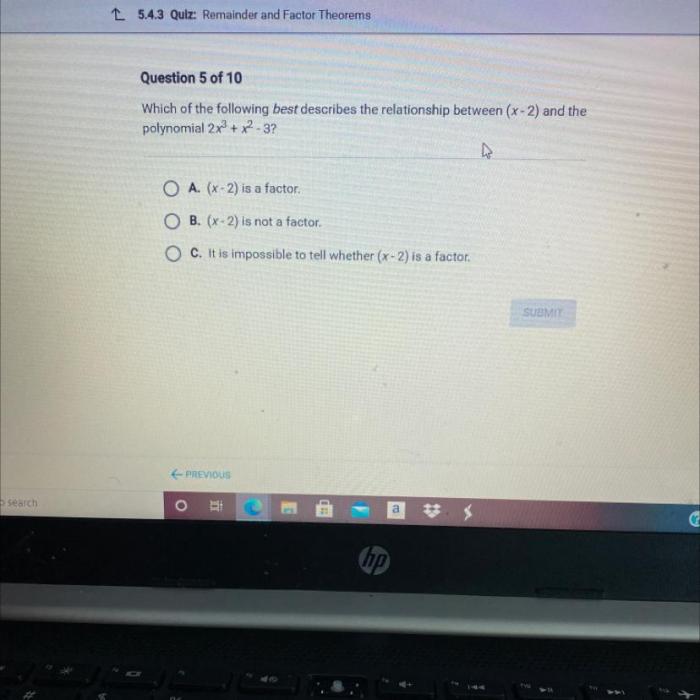Which of the following best describes a fake raid – Understanding the concept of a fake raid is crucial to safeguard oneself against its malicious intent. Fake raids, meticulously crafted by scammers, mimic legitimate raids to deceive victims, leading to potentially devastating consequences. This article delves into the intricacies of fake raids, exploring their characteristics, impact, and effective prevention strategies.
Fake raids often manifest in various forms, such as phishing emails, fraudulent phone calls, or suspicious website pop-ups. These scams employ sophisticated tactics to create an illusion of authenticity, making it challenging for unsuspecting individuals to discern their true nature.
Definition of a Fake Raid: Which Of The Following Best Describes A Fake Raid

A fake raid, also known as a law enforcement impersonation scam, is a fraudulent scheme where individuals posing as law enforcement officers attempt to gain access to personal information, financial accounts, or sensitive data.
These scams typically involve the scammer contacting the victim via phone, email, or social media, claiming to be from a legitimate law enforcement agency and alleging that the victim is involved in illegal activities.
Characteristics of a Fake Raid
- Unsolicited contact:Fake raids often begin with unsolicited contact from someone claiming to be a law enforcement officer.
- Sense of urgency:Scammers often create a sense of urgency by claiming that immediate action is required to avoid arrest or other legal consequences.
- Threats and intimidation:Fake raids often involve threats and intimidation to coerce the victim into providing personal information or money.
- Requests for personal information:Scammers may request personal information such as Social Security numbers, bank account numbers, or passwords.
- Use of official-looking documents:Scammers may use official-looking documents or badges to create the illusion of legitimacy.
Impact of Fake Raids
Falling victim to a fake raid can have serious consequences, including:
- Financial loss:Scammers may gain access to financial accounts and steal money or sensitive financial information.
- Identity theft:Scammers may use stolen personal information to commit identity theft, such as opening new credit accounts or taking out loans in the victim’s name.
- Reputational damage:Fake raids can damage the victim’s reputation and make it difficult to obtain employment or credit.
- Legal consequences:In some cases, victims of fake raids may be charged with crimes that they did not commit.
Prevention and Detection, Which of the following best describes a fake raid
- Be wary of unsolicited contact:Never provide personal information or money to someone who contacts you unsolicited, even if they claim to be from a legitimate organization.
- Verify the caller’s identity:If you are contacted by someone claiming to be a law enforcement officer, ask for their name, badge number, and contact information. You can then verify their identity by calling the non-emergency number for your local law enforcement agency.
- Do not click on links or open attachments:Scammers may send emails or text messages containing links or attachments that can lead to malware or phishing scams.
- Use strong passwords and security measures:Protect your personal information by using strong passwords and enabling security features such as two-factor authentication.
- Educate yourself about fake raids:Stay informed about the latest fake raid scams and share information with others to help prevent them from becoming victims.
Reporting and Response
If you suspect that you are the target of a fake raid, it is important to take the following steps:
- Hang up the phone or close the email:Do not engage with the scammer.
- Report the incident to law enforcement:Contact your local law enforcement agency and report the fake raid.
- Contact your bank and credit card companies:If you have provided any financial information to the scammer, contact your bank and credit card companies to report the incident and freeze your accounts.
- Monitor your credit reports:Keep an eye on your credit reports for any unauthorized activity.
- Educate others:Share information about the fake raid with others to help prevent them from becoming victims.
User Queries
What are the common methods used by scammers in fake raids?
Scammers often employ phishing emails, fraudulent phone calls, or malicious website pop-ups to create an illusion of a legitimate raid.
How can I identify a fake raid?
Be wary of unsolicited emails or phone calls requesting personal information or financial details. Additionally, pay attention to suspicious website addresses and avoid clicking on unfamiliar links.
What should I do if I suspect I am the target of a fake raid?
If you suspect a fake raid, do not engage with the scammers. Instead, report the incident to the appropriate authorities, such as law enforcement or relevant online platforms.

